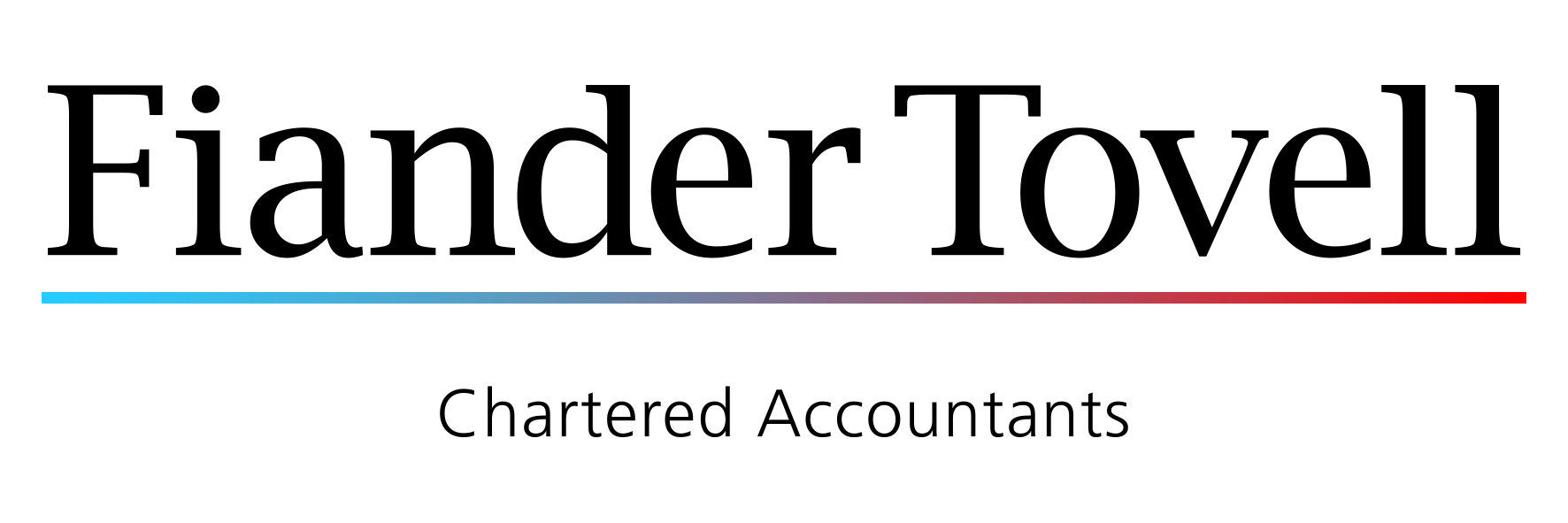
You can’t live forever, but you may leave as much of your fortune as possible to your loved ones. If your entire assets exceed the IHT level, your family may be required to pay a bill immediately after your death. However, with proper inheritance tax planning and assistance, you may minimise that amount to a bare minimum.
What is Inheritance Tax?
Inheritance tax is charged on the balances of an estate left over after any debts and funeral costs have been paid.
The amount of inheritance tax you pay depends on the person who has died and the value of their estate. The current threshold for inheritance tax is £325,000*.
The average inheritance tax bill in 2006-07 for estates of £200,000 to £500,000 was £42,000.
The IHT rates are currently:
• Nil – up to £325,000
• 40% – on the excess over £325,000
* Assumes an IHT nil band for every person, no widow’s/widower’s or married couple’s allowance, no gift exemption, and no IHT paid on any assets included in the estate.
How can Inheritance Tax planning help?
There are several ways to reduce the amount of inheritance tax that has to be paid. These include gifts made during your lifetime, giving away assets before your death in a will and leaving valuable assets in a trust to be used for a specific purpose.
Making Gifts
Giving money away during your lifetime can mean that you don’t have to pay as much inheritance tax on the value of your estate at your death. This is because gifts are worthless to the taxman than inheritances.
The government allows you to give away £3,000 worth of gifts a year, without paying any tax. You can give away millions, but you will have to pay inheritance tax on the amount in excess of £3,000.
Making a Will
If you have not already made a will, it is good to do so as soon as possible. The law says that your estate must be divided up as follows.
• Your spouse or civil partner is entitled to the home you’re living in and half of everything else.
• Your children are entitled to the other half of your estate.
• You can decide who gets what.
If you do not make a will and die without one, your estate will be distributed according to the laws of intestacy. This means that it could be divided up differently in the way you would like.
If you have made a will that does not have sufficient detail, it is possible to make amendments to it at any time. Therefore, it is a good idea to make a will as soon as you can – but to keep it up to date as your circumstances in life change.
If you have already made a will, it is good to make sure that it is up to date. This may save your loved ones a lot of money. If you have made a gift to a close family member some time after your will was made, your gift may not be properly recorded.
There are also some circumstances where it is worth making a new will. For example, if you have received a life-changing sum of money or if you have a child who is going to inherit a large sum from you at some point in the future. It is worth getting professional advice on whether this is the best way for you to protect your inheritance for your loved ones.
Setting up a trust
You can also reduce the amount of inheritance tax your loved ones will have to pay by setting up a trust. A trust is a legal arrangement which can be used to look after assets for a specific person or class of persons.
By leaving assets in a trust, you can make sure that your loved ones don’t have to pay inheritance tax on the value of their inherited assets.
You can set up a trust during your lifetime or add a provision to your existing will to set one up after your death.
Trusts are complex legal arrangements, and you should always get professional advice before setting one up.
Conclusion
It is not a pleasant thought to think of one’s own mortality. But, it is an important one to face. Advance inheritance tax planning is one of the attitudes to life that you can adopt to help your loved ones when the time comes.
If you would like to know more about inheritance tax planning, you can get professional help today.
At Fiander Tovell
accountants in Southampton
, we work with a wide range of businesses, of all ages, sizes, sectors and structures, and with private individuals. Contact us now at 023 8033 2733 for a no-commitment discussion about your needs and how we can help you.
